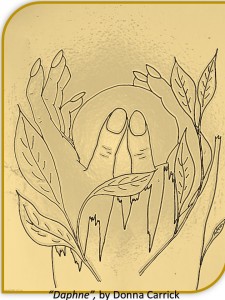 It usually begins with an image.
It usually begins with an image.
The tilt of a head, or the turn of a hand.
He is standing in the doorway of a darkened room, daylight streaming around his silhouette, obscuring his true nature from the mind’s eye.
Or she is sitting alone on a curb. She is looking away from me, at nothing, I believe, as a tornado of urban noise swirls around us. I cannot catch her eye; she will not deign to acknowledge me. Her story eludes me in the beginning. She will not speak, but needs to be coaxed. Slowly, she rises to her feet, and the great journey of discovery begins.
For me, this describes the art of writing.
There is an image of a person, male or female, a mere shadow hovering on the edge of my consciousness. Yet, in my deepest soul, I know a story is waiting to be told.
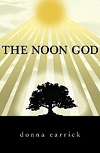 So it was in the case of my first published novella, The Noon God. In my mind I saw Desdemona as clearly as you would see the person next to you on the bus. I saw the rush of long golden curls, the ice-blue eyes, the determined forehead. And I saw the father she had once adored: J. Caesar Fortune, broad-browed, full of pride, seemingly indestructible.
So it was in the case of my first published novella, The Noon God. In my mind I saw Desdemona as clearly as you would see the person next to you on the bus. I saw the rush of long golden curls, the ice-blue eyes, the determined forehead. And I saw the father she had once adored: J. Caesar Fortune, broad-browed, full of pride, seemingly indestructible.
And yet, like all who claim mortality on this earth, capable of being felled. Capable of death.
Slowly, his legacy revealed itself to me: the many books, the lectures, the mass appeal of a life’s work.
I sensed the sunlight that shone always on this great man…no, not on him, really, more like from him. As if he radiated an inner light, casting the darkest of shadows on all who loved him.
So there was Desdemona, the disillusioned daughter of a renowned author. And there was Caesar, a man of singular passion, driven to greatness.
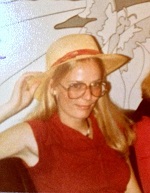 And then, in the varying recesses of that stage, there were ‘the others’, Lucy, Gail, Uncle Willard and Angelina, those lesser loves, whose lives were caught up in the vortex of that passion, and each, in its own way, damaged at the core.
And then, in the varying recesses of that stage, there were ‘the others’, Lucy, Gail, Uncle Willard and Angelina, those lesser loves, whose lives were caught up in the vortex of that passion, and each, in its own way, damaged at the core.
The Noon God was inspired by and is dedicated to my late sister, Deborah, who died at nineteen years of age by her own hand. Like any survivor of family suicide, I’ve long been compelled to try to understand the ‘how’ and ‘why’ of such a final act.
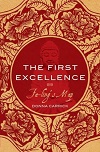 I think it’s fair to say my novels are all primarily ‘character driven’. From my earliest as yet unpublished works to my latest, The First Excellence, I have been led around the globe by an obsessive need to peel back the layers, to discover the truth behind those silhouettes.
I think it’s fair to say my novels are all primarily ‘character driven’. From my earliest as yet unpublished works to my latest, The First Excellence, I have been led around the globe by an obsessive need to peel back the layers, to discover the truth behind those silhouettes.
And as with most art, great and small, the true quest remains: the discovery of self. The telling of a story more real than imagined, by imaginary players on the stage of our minds.

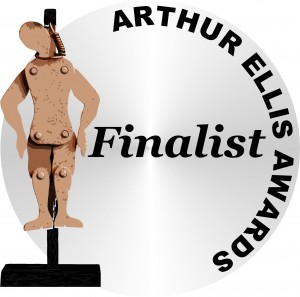 In June, I had the very great honour of being named one of five finalists for the prestigious Arthur Ellis Award for Best Short Story.
In June, I had the very great honour of being named one of five finalists for the prestigious Arthur Ellis Award for Best Short Story.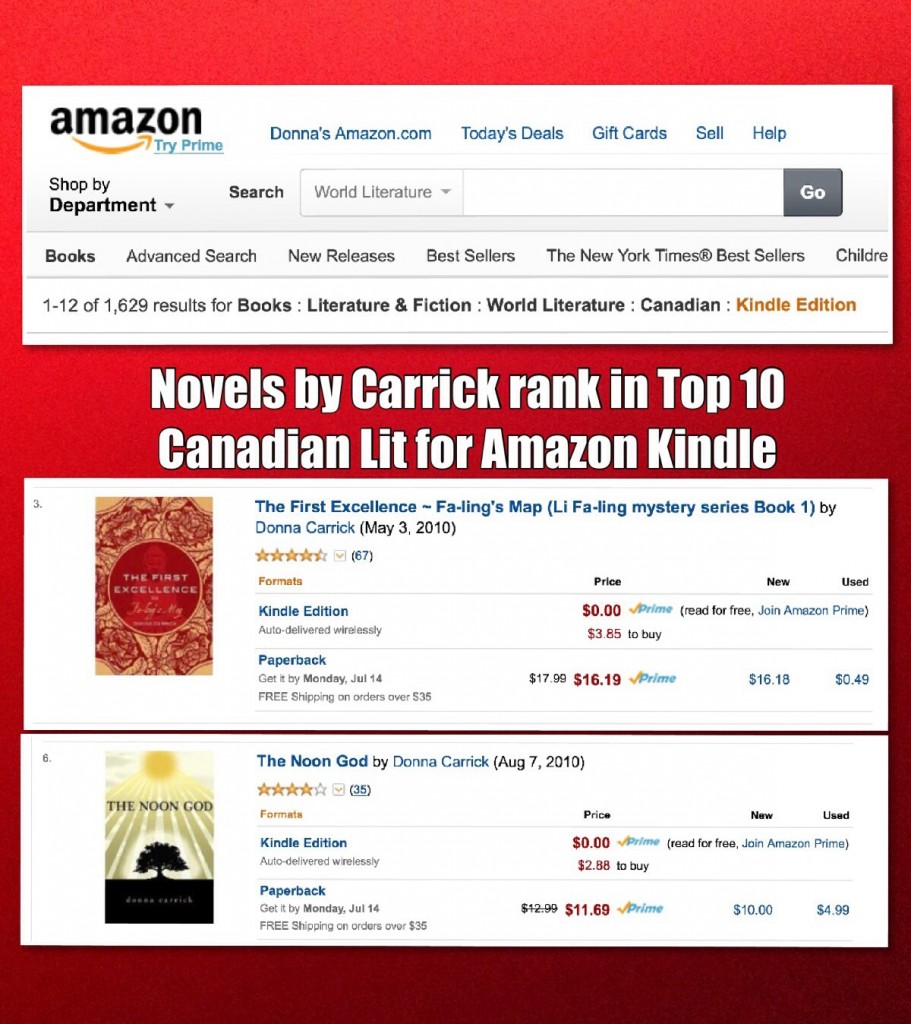
 It usually begins with an image.
It usually begins with an image.
 And then, in the varying recesses of that stage, there were ‘the others’, Lucy, Gail, Uncle Willard and Angelina, those lesser loves, whose lives were caught up in the vortex of that passion, and each, in its own way, damaged at the core.
And then, in the varying recesses of that stage, there were ‘the others’, Lucy, Gail, Uncle Willard and Angelina, those lesser loves, whose lives were caught up in the vortex of that passion, and each, in its own way, damaged at the core.